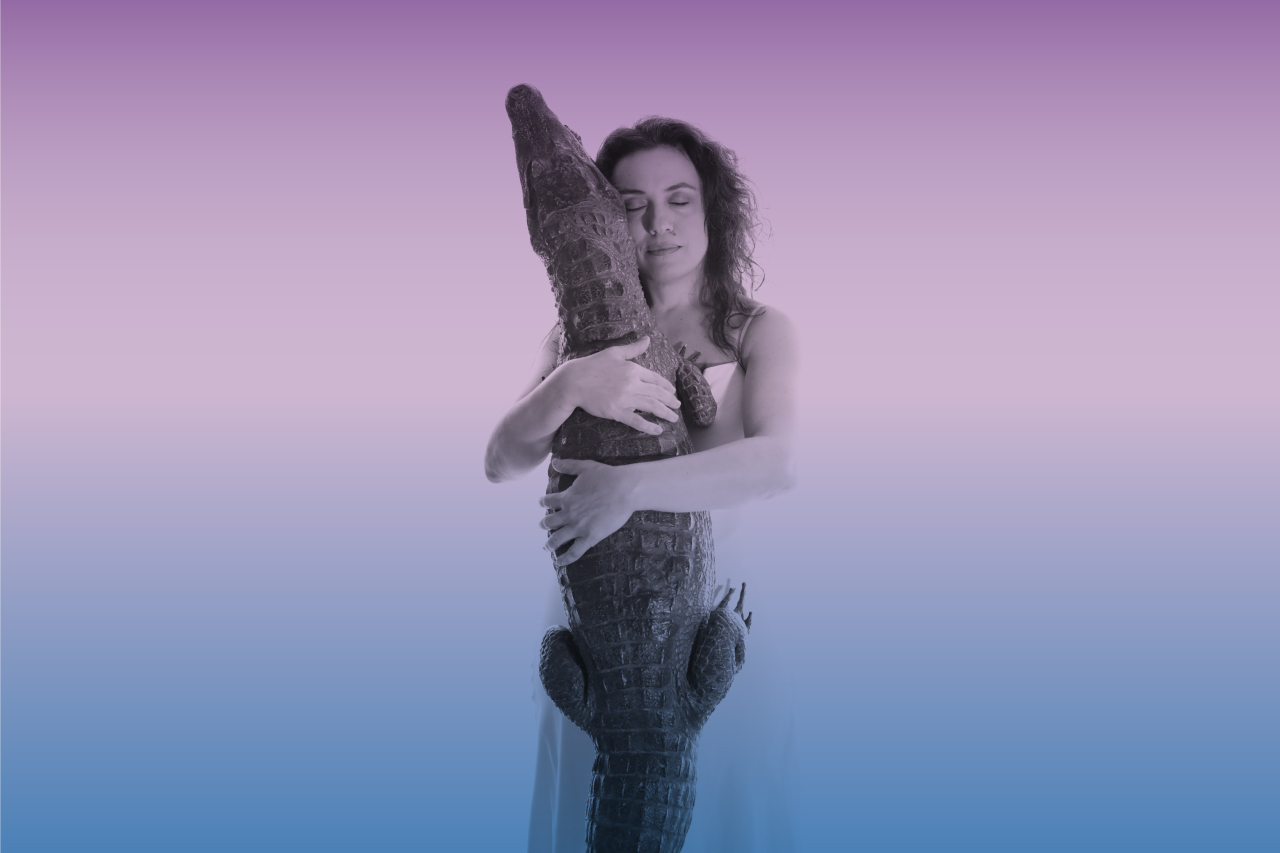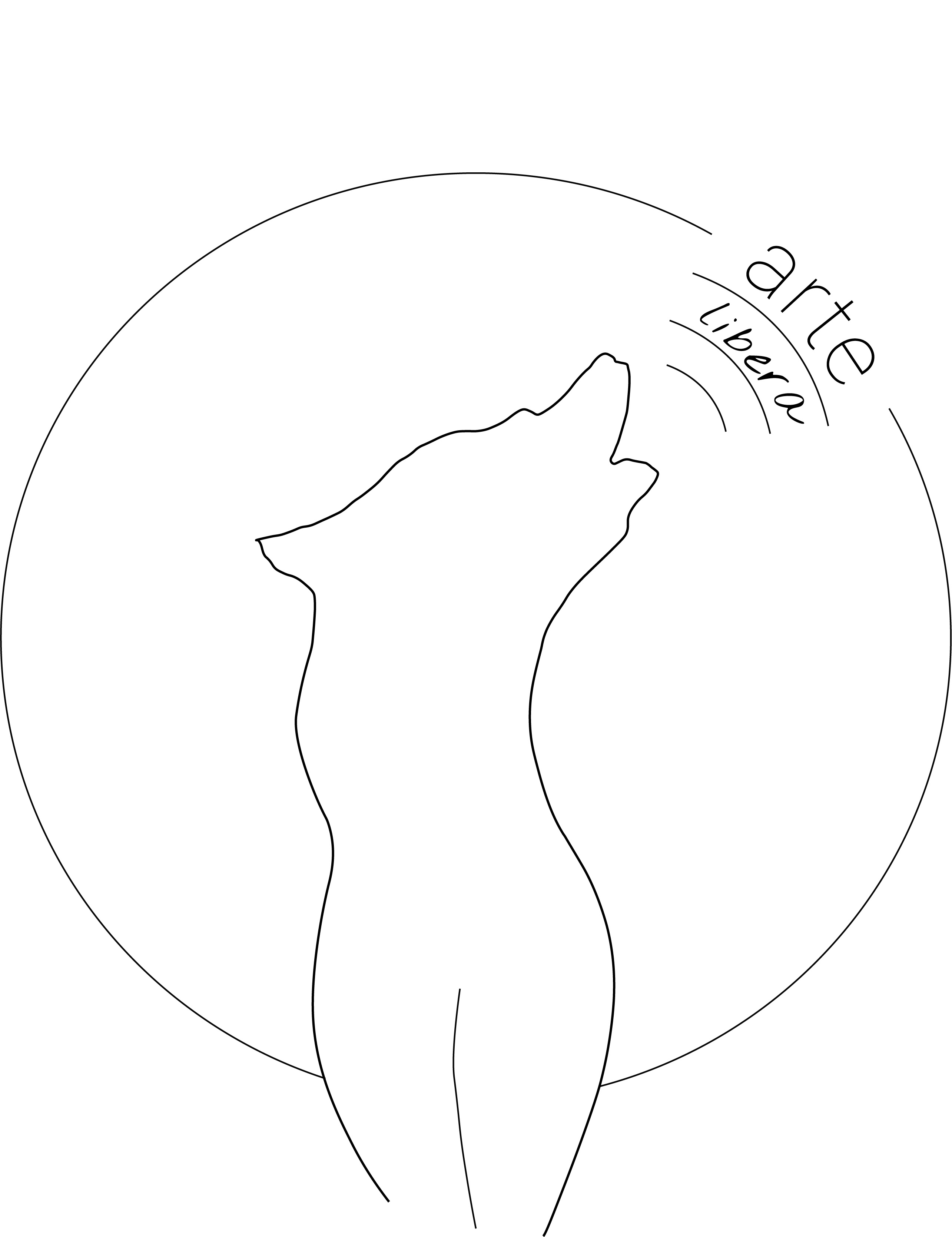Contact
ADDRESS
STAVROS NIARCHOS FOUNDATION
CULTURAL CENTER
364 Syggrou Avenue, Kallithea
TEL.
Box Office:
+30 213 0885700
Box Office email:
boxoffice@nationalopera.gr
Daily 09.00-21.00
info@nationalopera.gr
Register to our Newsletter


Music, libretto: Lina Zachari
Musical direction: Myrsini Hatzikonstanti
Director: Rinio Kyriazi
Set designers: Nektaria Iliaki, Natalia Manta
Lighting designer: Stevi Koutsothanasi
In the role of Charlotte Ioanna Forti
Instrumental ensemble: Krinio Trullou (oboe), Yannis Kritikos (clarinet), Marianna Nikolakopoulou (piano, celesta), Dionysis Vervitsiotis, Vanessa Athanasiou (violin), Antilochos Tranos (viola), Asterios Pouftis (violoncello), Nikos Tsoukalas (double bass)
Ticket prices: €12, €15
Students, children: €10
Music theatre • Premiere
Greek National Opera Alternative Stage
Stavros Niarchos Foundation Cultural Center
Starts at: 20.30 | 

Alternative Stage founding donor

Alternative Stage sponsor: PPC (Public Power Company)

The “operOtic monodrama” Charlotte with music and a libretto by the emerging composer Lina Zachari, will have its Greek premiere at the GNO Alternative Stage, in the SNFCC. It will be presented for two singular performances on 13 and 15 June, at 20.30. The production is directed by Rinio Kyriazi, while Myrsini Hatzikonstanti will conduct the eight-member instrumental ensemble. Mezzo-soprano Ioanna Forti will be performing the title role.
Inspired by Werther and Charlotte’s unfulfilled love story, as told in Johann Wolfgang von Goethe’s The Sorrows of Young Werther (Die Leiden des Jungen Werthers), as well as Rolan Barthes’ A Lover’s Discourse (Fragments d'un discours amoureux), Charlotte brings onto the stage an acrobatic “operOtic” monologue about unexpressed desire, our indestructible inner demons, and the trauma of loss.
The heroine, sunk in an unbearable grief caused by the suicide of her beloved Werther, finally confesses her love, in a transcendental delirium, where she pits herself against her limitations. In a dark room where she confines and traps herself, the conscious and the unconscious, truth and fantasy merge into a fluid musical environment. The sweeping singing performance converses with the distinctive texture of the musical structure and is electronically recomposed, culminating in the heroine’s final “liberating” cry.
A delicate musical universe demanding performative precision
The talented composer Lina Zachari notes: “The work is structured into fourteen fragments (similar to those in A Lover’s Discourse). The music includes serial, aleatoric and freely atonal elements, consisting of symmetrical constructions and analogies, and it is primarily programmatic. Specific ideas (e.g. the gunshot and the clock’s motifs, etc.) are inscribed in and symbolized through specific musical gestures. There’s limited use of electronics, stemming from the digitalization and analogue electronic processing of the purely vocal parts. The musical construction is delicate, as the materials are used in a way that requires a performance of exceptional precision from the singer, the musical ensemble, and the conductor. The vocal line is the core, and its material is used to construct all the other musical lines. The goal is to turn music, in this strange system of representation we call music theatre, into a womb, through which an entire and complete world is born.
Charlotte is an “operOtic” work, a characterization for which I am grateful to Ioanna Forti. Inspired by Werther’s story, it explores the ontological aspect of love, which is disengaged from desire and/or pleasure, and portrays the lack of a relationship between two individuals as the essential space for love to fully develop. The space where, far from labels and normative boundaries, offers us an experience of the world that is based on otherness, an experience that triggers the creative birth of new worlds”.
From melody to silence
Rinio Kyriazi who directs the piece, notes: “A woman, possibly Charlotte, possibly Werther’s beloved or someone else, is pondering on wounds and happiness, misfortune and joy, in a romantic, modern or future era. Amidst the unbearable beauty of the world, she pits herself against the pain of existence, smiling. We encounter her lingering between the determined and the undetermined, torn between her choices, shredded in pieces by the life that has been imposed on her. Trapped inside a cage-bed like a wounded animal. She will listen to the sounds, she will plunge into the immense solitude, she will see her reflection in the music. With voice as her sole vehicle she will unravel the thread. She will travel from the whisper to the scream, from singing to speech, from melody to silence. She will attempt to destroy herself in order to move towards her deeper self. She will seek her childhood body. She will gaze at the hypocrisy of conventions with eyes of sarcasm; she will see the limits drawn between herself and her desires. She will fight with memory, the great demon. She will manage to escape from the predetermined course by deviating from the path. She will travel across uncharted lands. By visiting fourteen musical locations and a meta-location, she will recreate herself.”
STAVROS NIARCHOS FOUNDATION
CULTURAL CENTER
364 Syggrou Avenue, Kallithea
Box Office:
+30 213 0885700
Box Office email:
boxoffice@nationalopera.gr
Daily 09.00-21.00
info@nationalopera.gr